19 shocking ways you're wasting money at home
Are you guilty of these cash-burning habits?
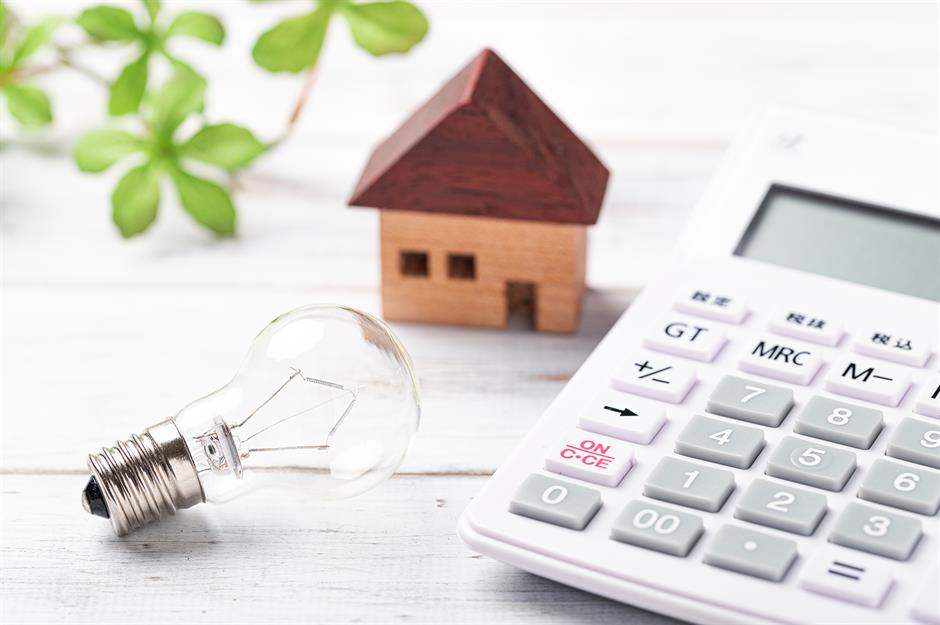
Think you're pretty savvy with your spending? You might be surprised! Your everyday habits could quietly be draining your bank account, from leaving your appliances on standby to ignoring draughts. Get ready to stop wasting and start saving!
Click or scroll to discover the shocking ways you might be throwing cash away at home – without even realising it!
Ignoring draughty windows and doors
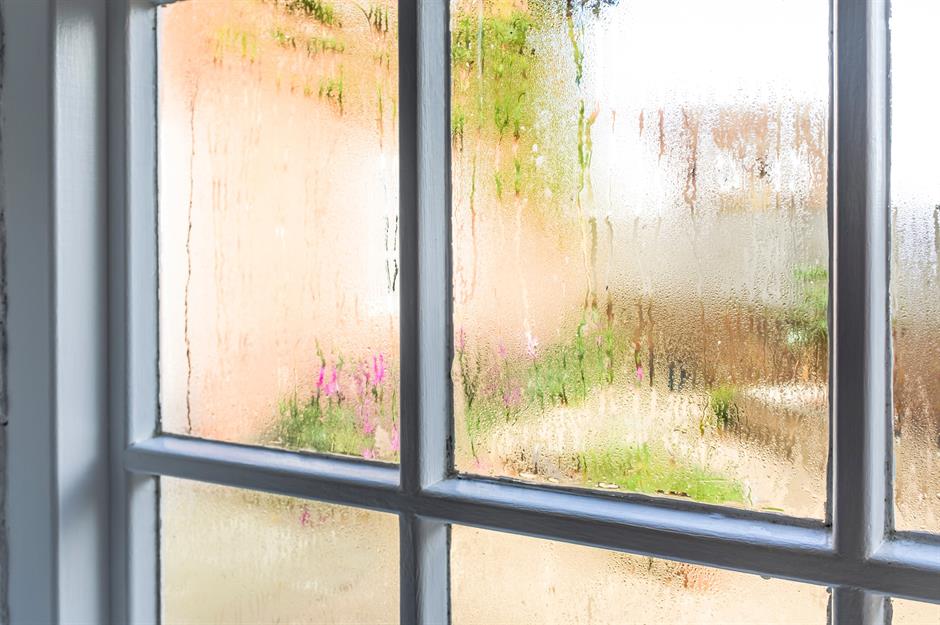
It goes without saying that leaky windows and doors allow heat to escape from your home and invite cold draughts to enter. In turn, this means you will pay more for your energy bills to keep your interior warm.
Resealing windows and doors is a relatively inexpensive and straightforward task, with sealant, caulk, and door gaskets available for a low cost online or at most hardware stores.
Using outdated light bulbs
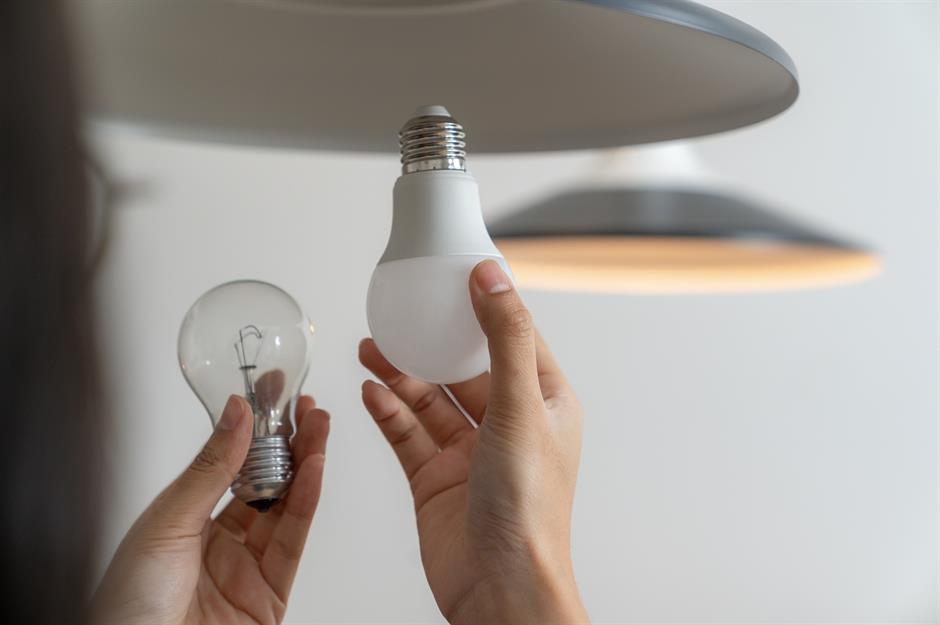
Energy-saving light bulbs can not only help you lower your electricity bills but also improve your carbon footprint. LEDs are considered to be the most efficient option, since they are as powerful as halogen bulbs but use 80% less electricity.
They are also thought to use 90% less energy and last about 24% longer than incandescent bulbs. So, if you're still using outdated light bulbs, it's time to invest in LEDs.
Heating empty rooms
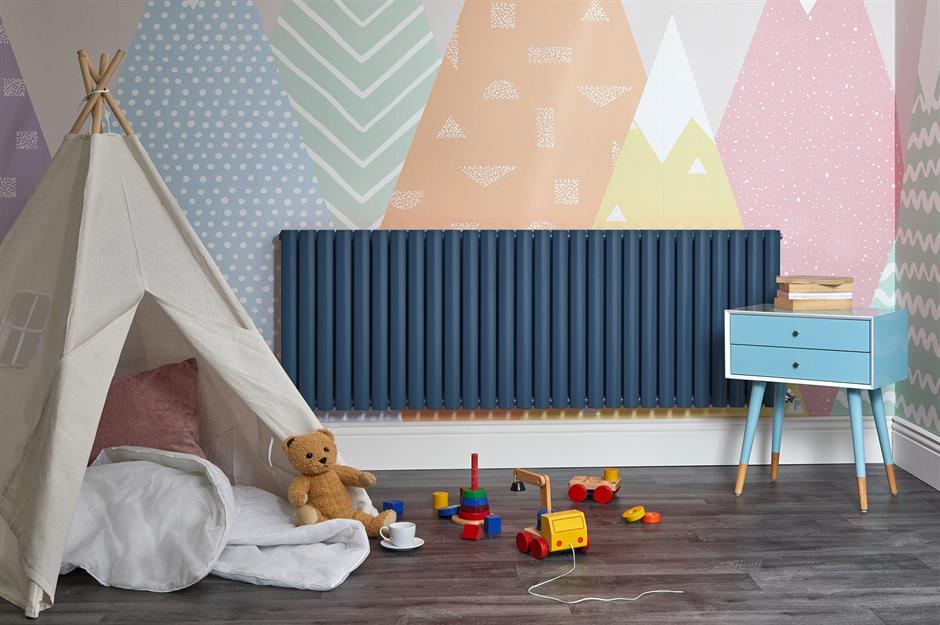
It's no secret that global energy prices are persistently rising, so heating an empty room is akin to flushing money down the toilet. Wasted energy equals wasted money, since you're paying to warm a space no one is using.
Plus, heating a vacant room forces your heating system to work harder than it needs to, which can shorten its lifespan and increase maintenance costs. By installing thermostatic radiator valves, you can easily control the temperature in each room.
Featured radiator available from BestHeating.
Neglecting to revaluate your mortgage

Failing to assess your mortgage could end up costing you thousands. Mortgage rates and deals change regularly, so if you’re still with your initial lender, you might be paying far more than you need to. By reviewing your options, you could find a lower interest rate, better terms, or flexible features to suit your financial situation.
A mortgage advisor might cost a fixed sum, but they could help you find a great deal. Alternatively, websites like USwitch in the UK, Rocket Mortgage in the US, or Canstar in Australia, will allow you to compare your options.
Ignoring leaks
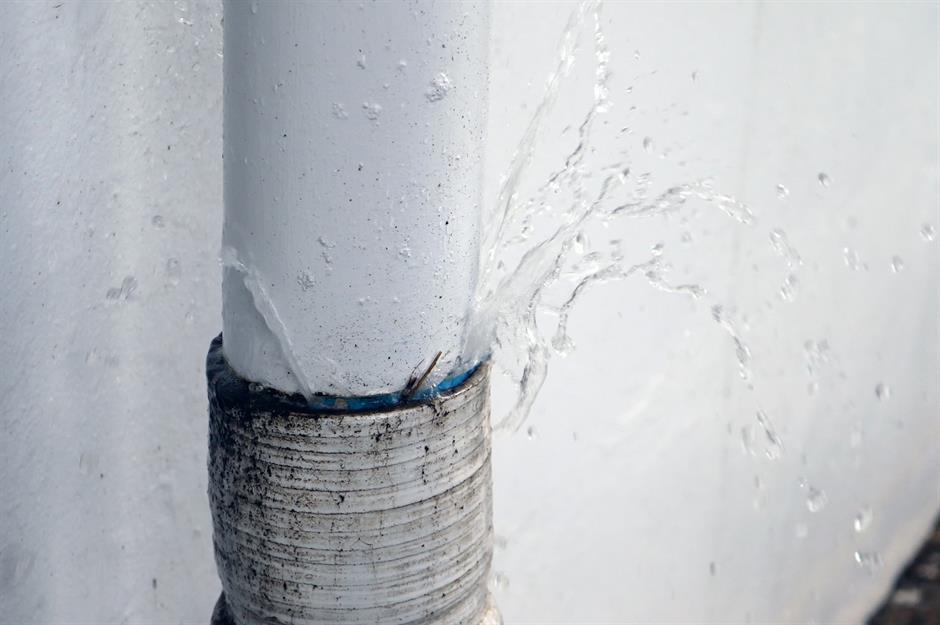
That dripping tap, running toilet, or leaking pipe isn’t just annoying; it could be wasting huge amounts of water every single day, and that will inevitably show up on your monthly utility bill. Unattended leaks waste up to 400 million litres (88 million gallons) of water daily in the UK alone. That's equivalent to the daily water needs of 2.8 million people.
What's more, small leaks can soon become big problems; a minor drip can turn into a burst pipe or flood when you least expect it. There's a risk to your home and health, too, since leaks can lead to mould growth, rot, and even structural damage. So, is it time to call in a plumber?
Running half-empty appliances
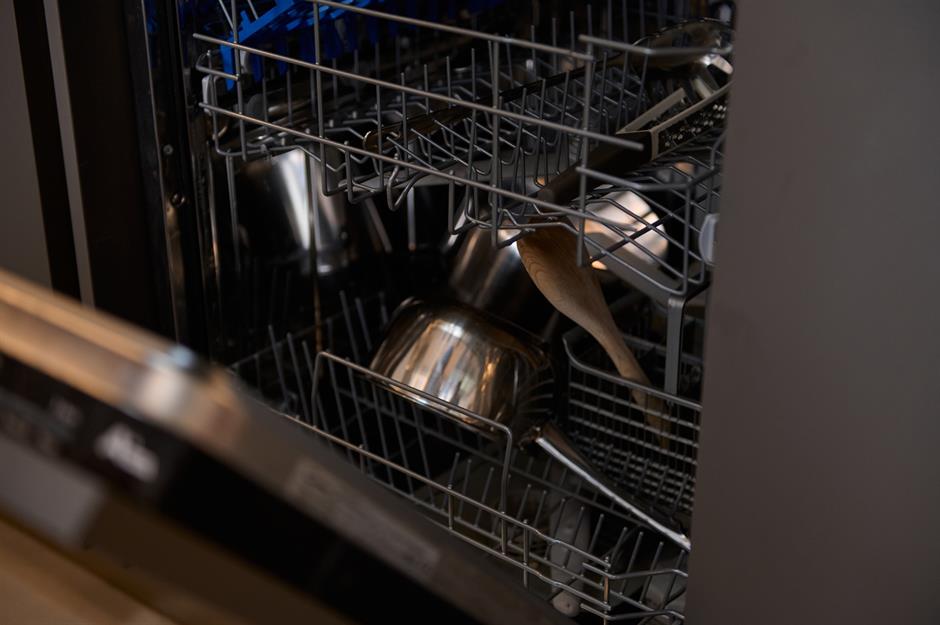
Dishwashers can use between 1200 and 2400 watts of energy per cycle, while washing machines guzzle between 400 and 2,100 watts, depending on their size, model, and cycle settings.
Each of those watts eats up energy and costs you money. So, running a half-empty appliance is wasting precious water, electricity and, most importantly, cash! Plus, more frequent cycles mean your machine is working harder over time, which can lead to faster breakdowns and costly repairs.
Cranking the thermostat instead of layering up

When it's cold in your home, the first thing you should do is add an extra layer or make the most of a blanket. By cranking up your thermostat instead, you'll be using more energy and increasing your bills.
And a little goes a long way. Amazingly, by turning your thermostat down by one degree Celsius (33.8°F), you could save up to 10% on your energy bill.
Featured thermostat available from JUNG.
Paying for branded cleaning products

When you buy anything that's branded, you tend to pay for the name, not just the product. That's because big brands spend a lot on advertising, packaging, and endorsements – and they often pass those costs on to their customers.
Many branded cleaning products contain very similar active ingredients to generic or store-brand cleaners, so they are no more effective. Remember, branded doesn’t always mean better!
Alternatively, make your own natural cleaning solutions with white vinegar, bicarbonate of soda, and lemons.
Forgetting to bleed radiators
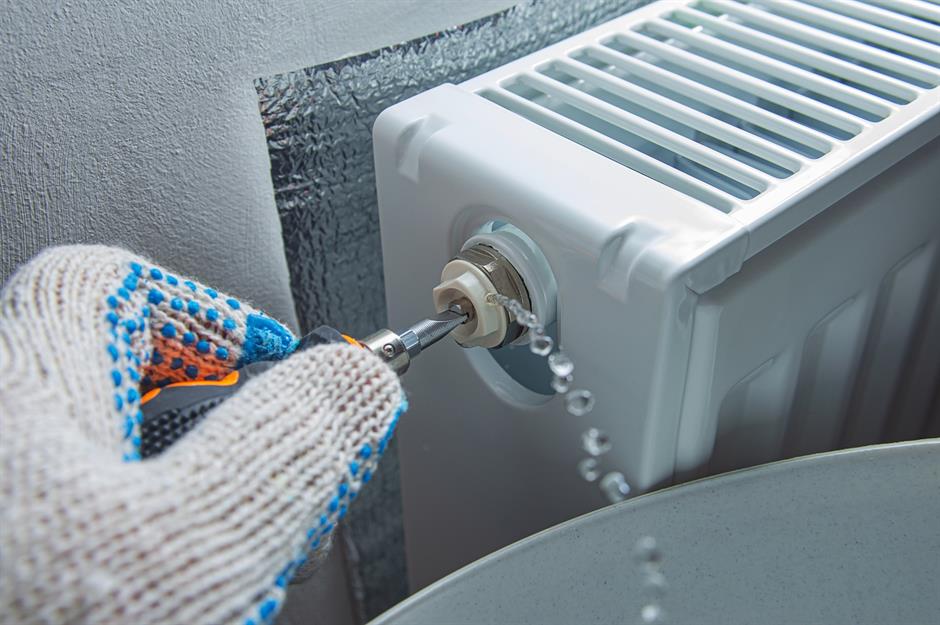
Shockingly, 37% of Brits admit to forgetting to bleed their radiators, but when air gets trapped in them, it stops hot water from circulating properly. This trapped air leads to inefficient and uneven heating and means your boiler (or other heating system) has to work harder to warm your home, using more energy to do less.
Bleeding your radiators a couple of times a year will release any trapped air and keep your heating system running smoothly, saving you money in the long run.
Not using smart plugs
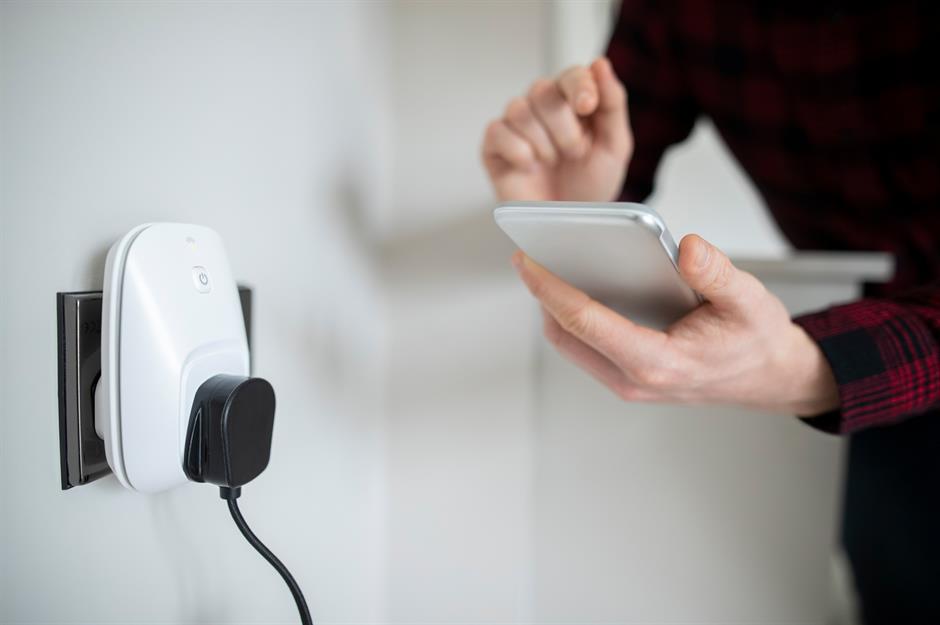
For many of us, plugging our devices in to charge before bed is something we do without thinking, but did you know that leaving your smart watch, phone, or laptop to charge all night wastes energy, money, and gradually damages the internal battery of the item, leading to costly repairs or replacements?
Smart plugs slot into standard power outlets and allow you to control how long a device is charging. The best thing? They can be picked up for next to nothing.
Wasting food
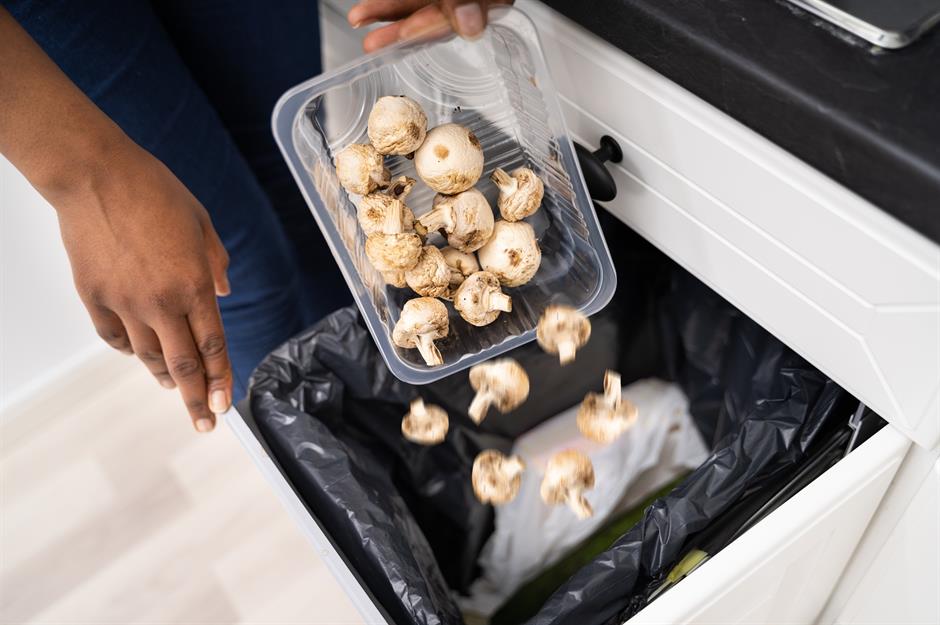
Wasting food is a bad idea financially, environmentally, and ethically. Grocery prices around the world are on the up, so putting food in the bin instead of making use of it is akin to throwing away money.
Shockingly, one-fifth of food produced for human consumption is lost or wasted globally. This amounts to one billion meals a day or roughly £750 billion ($1 trillion). Reduce your food waste by meal planning, checking expiry dates, freezing items, and utilising leftovers.
Using hot water for laundry
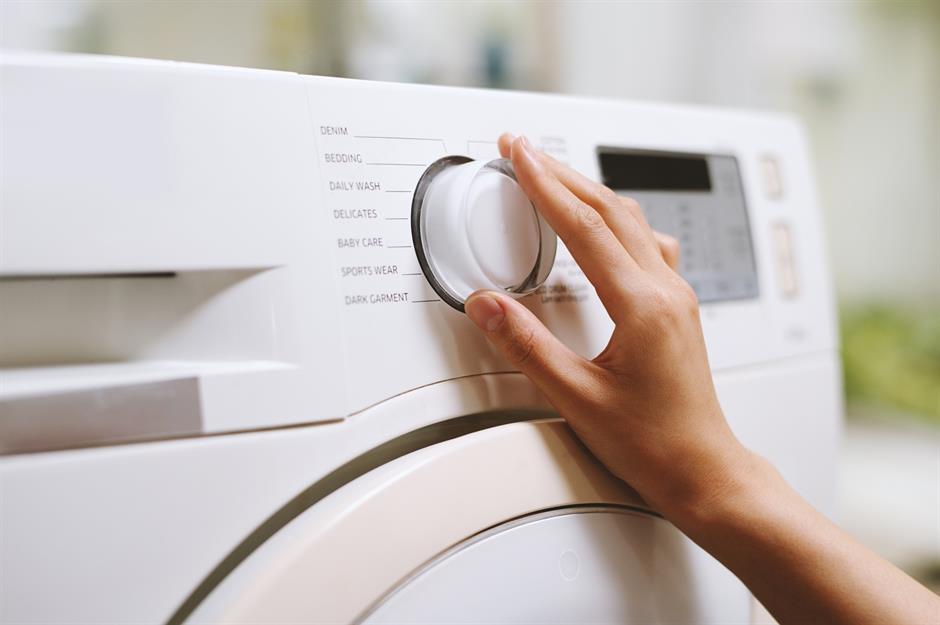
Many of us believe that everything needs to be washed at a high temperature to ensure cleanliness, but that isn't necessarily the case. The experts at Bosch state that lightly soiled or stained clothes can be washed in colder temperatures, like 30°C (86°F), without dramatically affecting the cleaning performance of your washing machine.
It goes without saying that the cooler the temperature, the less the cycle will cost you. Of course, items like bedding, towels, and sweaty workout clothes should be washed at higher temperatures to kill any bacteria or germs.
Not sealing gaps around the home
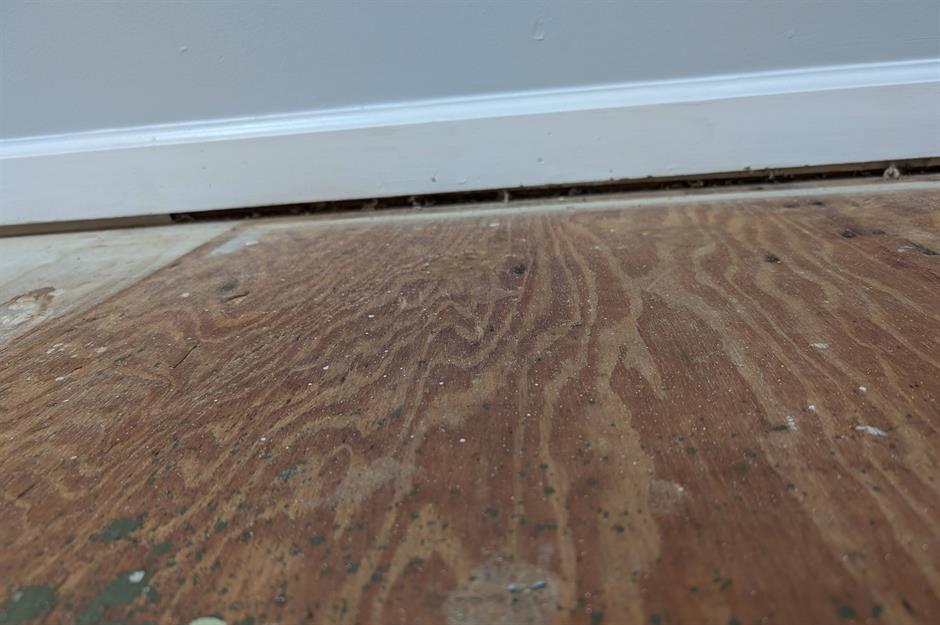
Small holes or gaps around your home let in cold air, whether around pipework, under doors, or between your floors and baseboards (skirting). That means your heating system will have to work harder to keep your rooms warm.
A quick application of sealant or caulk is a speedy and cheap fix that will block any draughts from getting inside – and stop any hot air from escaping.
Skipping attic insulation
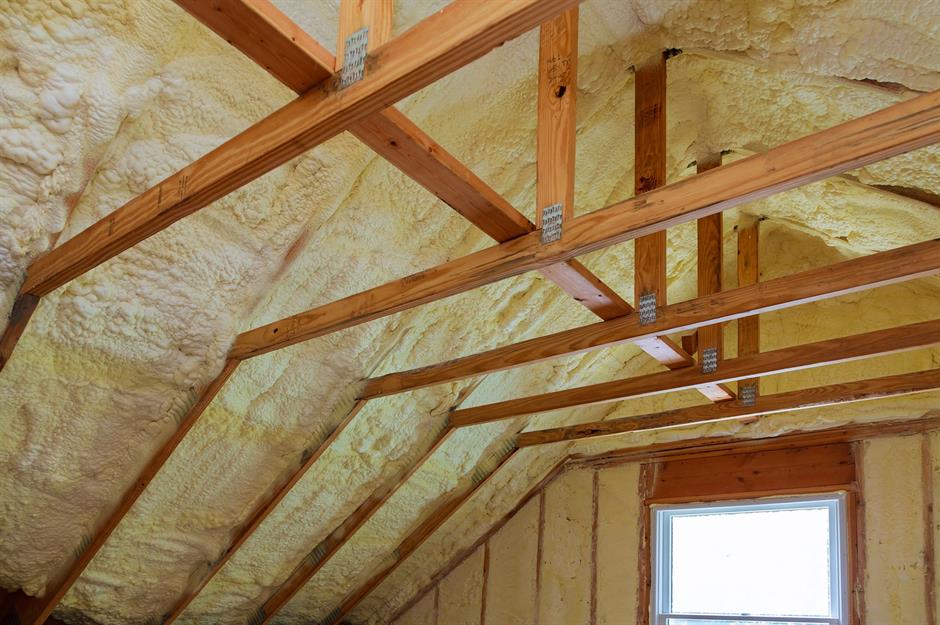
Did you know that around 25% of heat can be lost through an uninsulated roof? Loft insulation acts like a blanket, trapping heat inside your home. So, if your roof space doesn't have any, you are knowingly wasting energy and paying more than you need to keep your interior toasty.
What's more, insulation helps keep your home warmer in winter and cooler in summer, creating a more comfortable internal environment year-round. The Energy Saving Trust recommends increasing loft insulation to 27cm (10.6in) to help save on your energy bills.
Leaving lights on in empty rooms
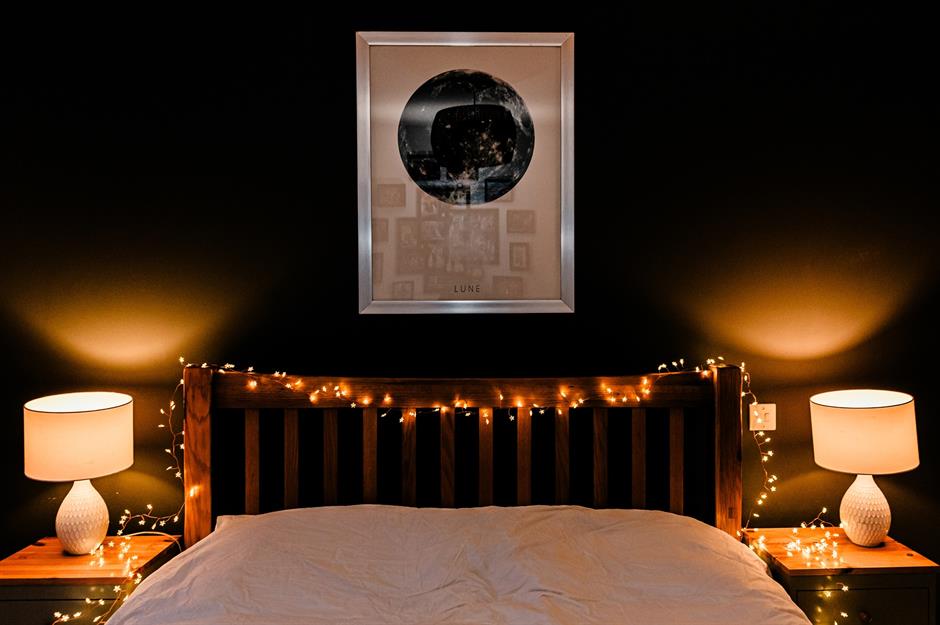
You won't need to be told that lights require electricity to function, so if you are in the habit of leaving lights on in empty rooms, you are wasting valuable energy and money. More electricity consumed means more fossil fuels burned, increasing your carbon footprint and contributing to climate change.
And, if all that wasn't enough, leaving lights on for longer than needed leads to bulbs wearing out sooner, so you'll be forced to fork out for replacements. In Scotland alone, leaving lights on in empty rooms costs £1.8 million ($2.4m) annually, with around 8% of people leaving lights on for pets and 25% for security, as reported by The Scotsman newspaper.
Featured lighting available from Sparkle Lighting.
Avoiding regular appliance maintenance
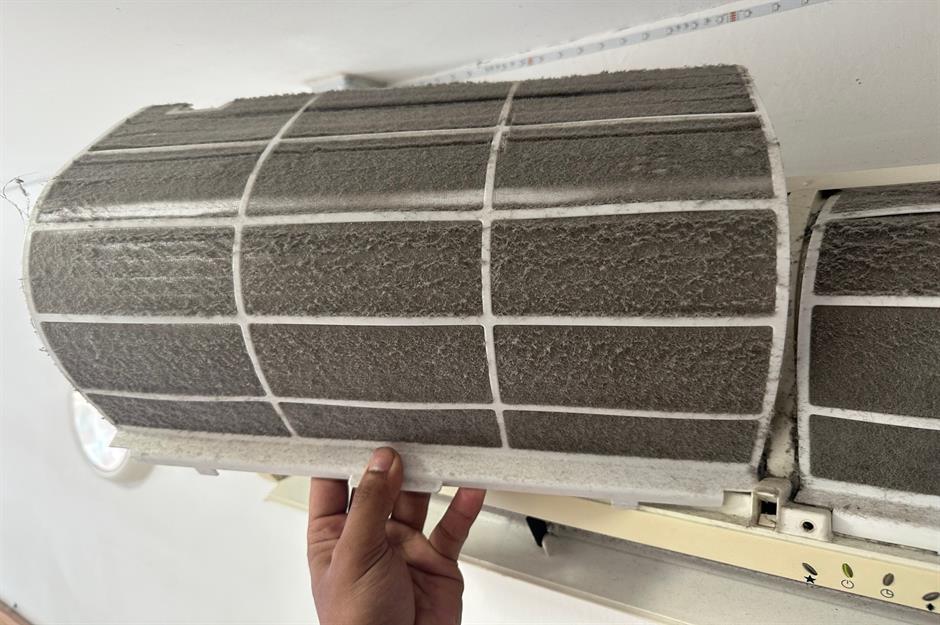
Whether it's your HVAC system, boiler, air-conditioning unit, or clothes dryer, regular appliance maintenance is essential. According to The Sun newspaper, 31% of Brits skip boiler servicing, while only 30% of Americans schedule preventive maintenance for their HVAC systems. But without upkeep, appliances work harder than they need to, using more energy and costing you more on bills.
Small issues that go ignored can turn into expensive breakdowns or even complete appliance failure, too, and some appliances, like heaters or dryers, can become safety hazards if not properly maintained.
Leaving appliances on standby mode
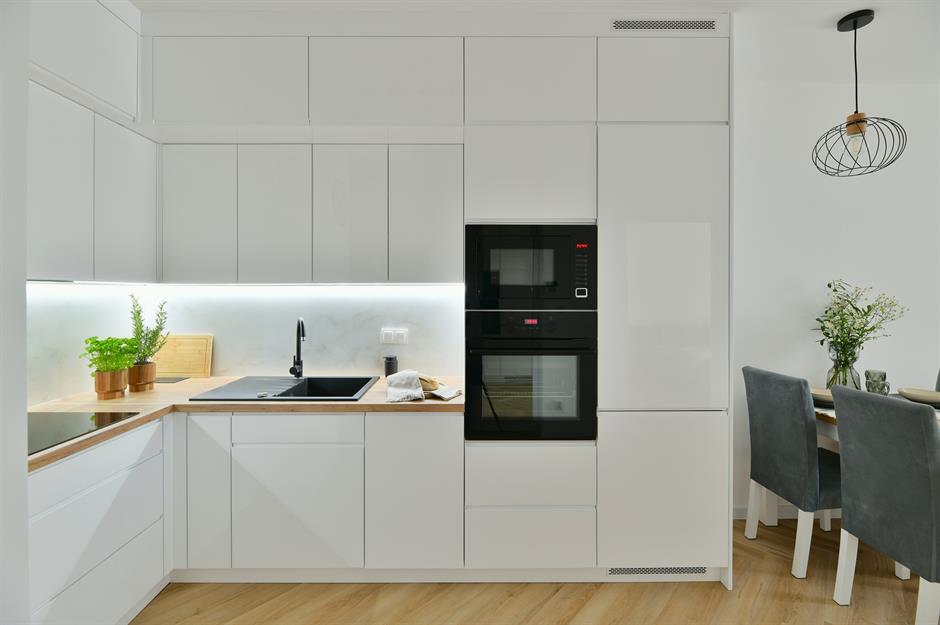
Leaving appliances in standby mode might seem harmless, but it actually wastes energy and money. See that bright light on your TV, the time on your microwave, or the flashing dot on your laptop? That’s a sign your appliance is guzzling energy!
Over time, this power use can add up to a significant portion of your electricity bill. In fact, it can add around £20 ($26) annually to household bills, according to Which?. To save both money and reduce your carbon footprint, it’s smarter to fully switch off appliances when you’re not using them.
Not shopping around for utility providers
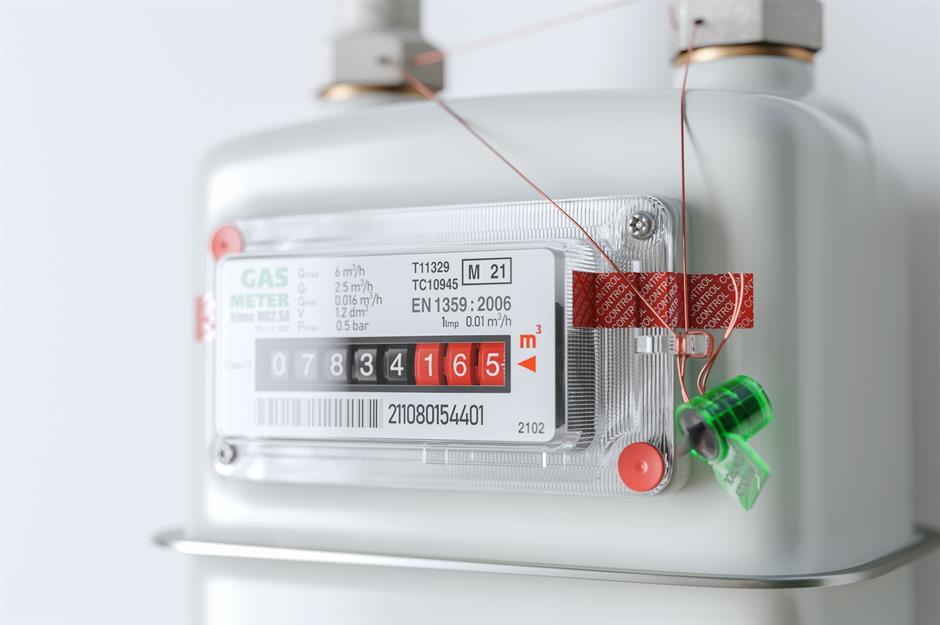
Failing to shop around for your utility providers can end up costing you money. Many people stick with their default supplier, without taking the time to seek out better deals that could cut their energy bills significantly.
Utility prices and plans can vary greatly, so by not comparing providers, you might be paying higher rates for the same service. Plus, switching providers is usually easy and doesn’t disrupt your service. So, take the time to shop around to find the best deal for your needs. Price comparison sites are a valuable resource.
Overwatering your garden
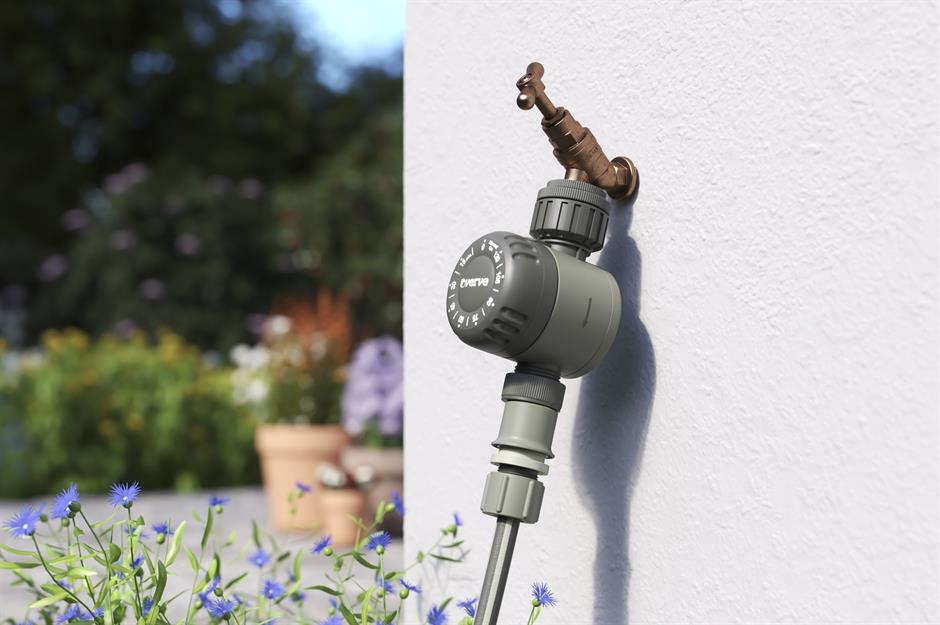
Overwatering your garden isn't just bad for the environment; it also wastes water, leads to higher bills, and can deprive your plants' roots of the oxygen they need to thrive.
Plus, too much moisture creates the perfect environment for fungus, mould, and even pests. A layer of mulch will help your soil retain water, so you won't need to get the hose out so often. Water timers are also fantastic for saving water and managing your garden.
Featured water timer available from B&Q.
Loved this? Check out more home hacks and tips
Comments
Be the first to comment
Do you want to comment on this article? You need to be signed in for this feature